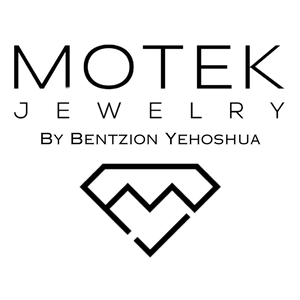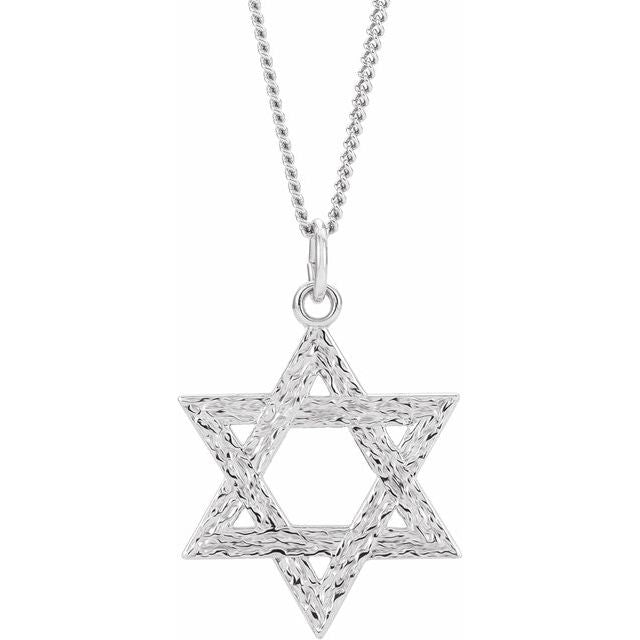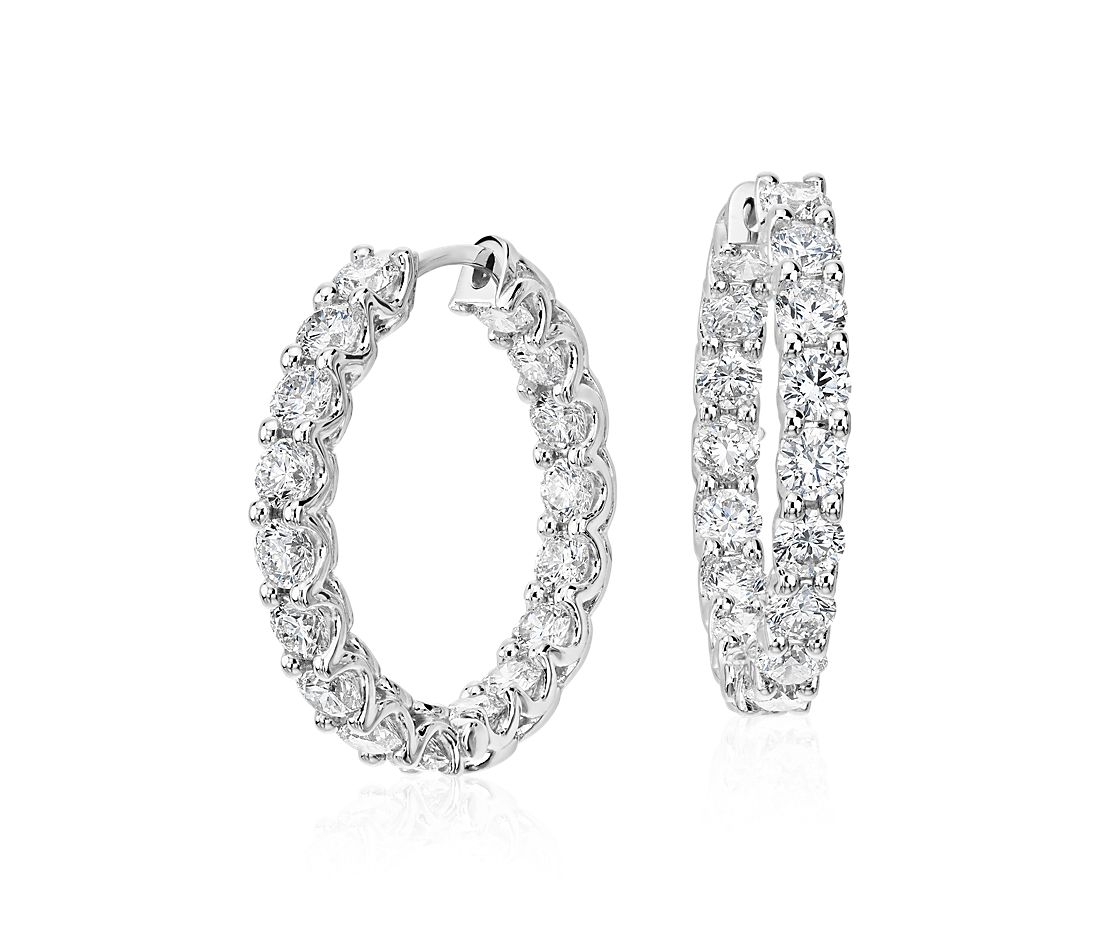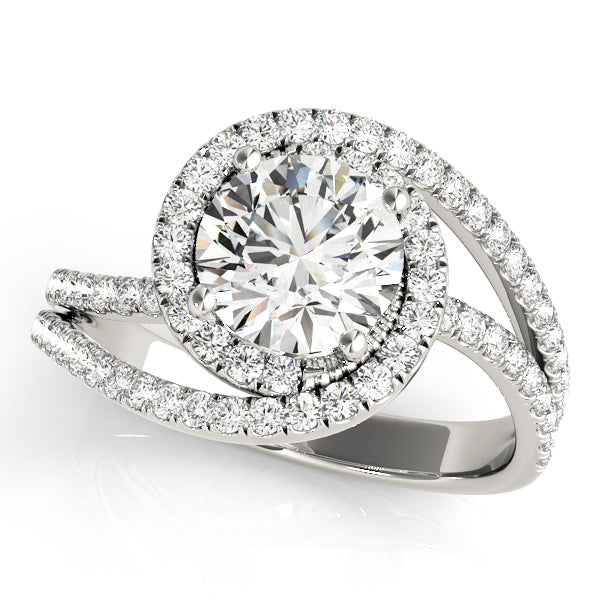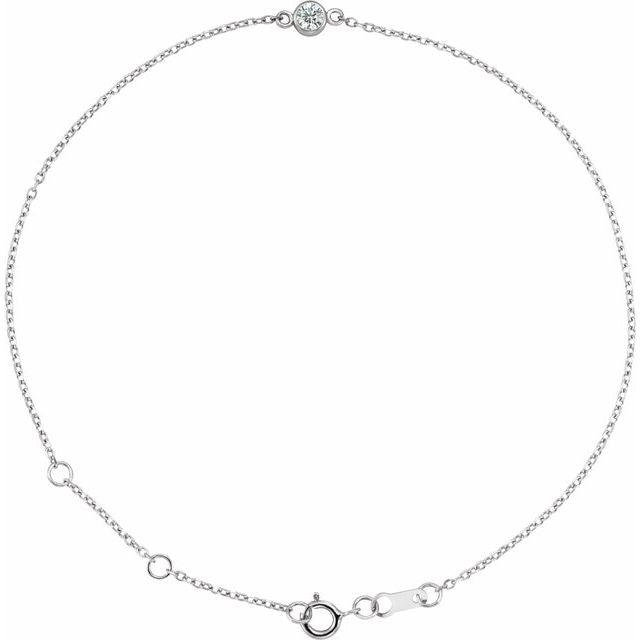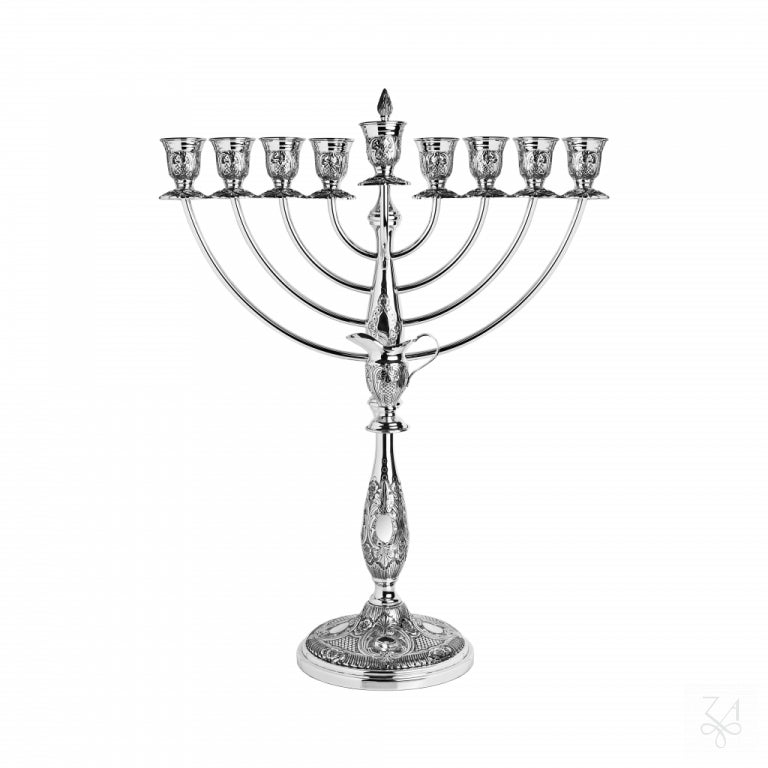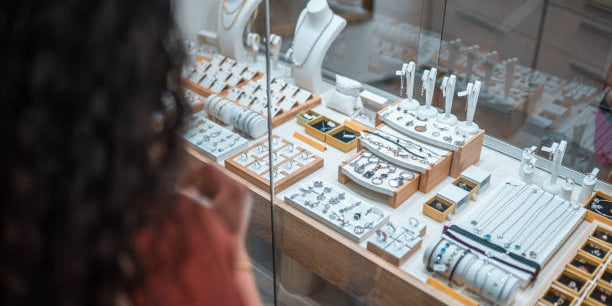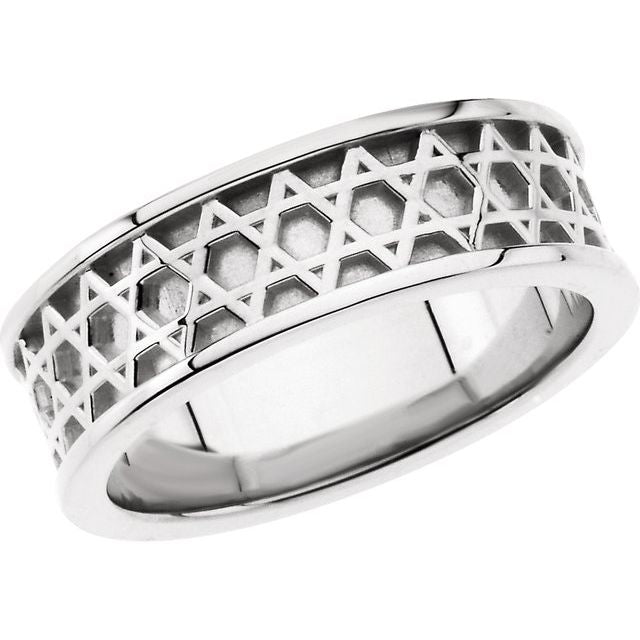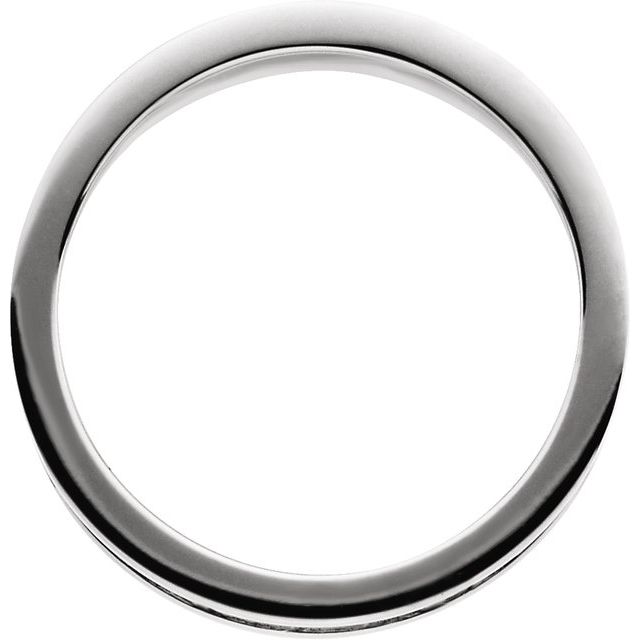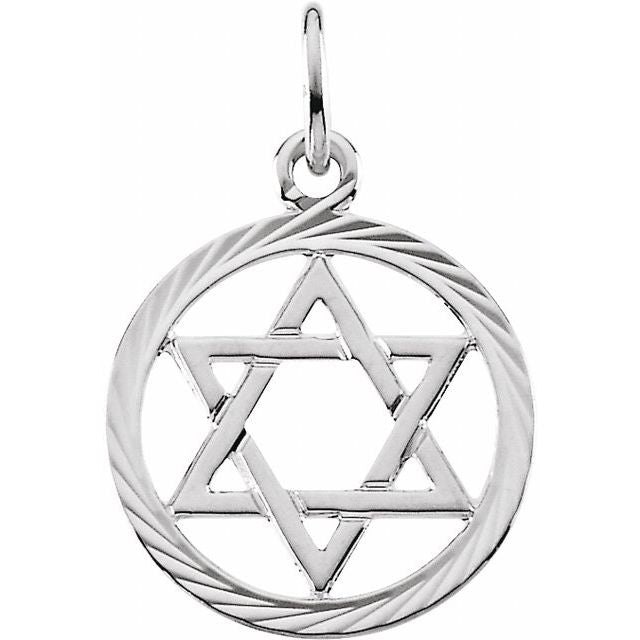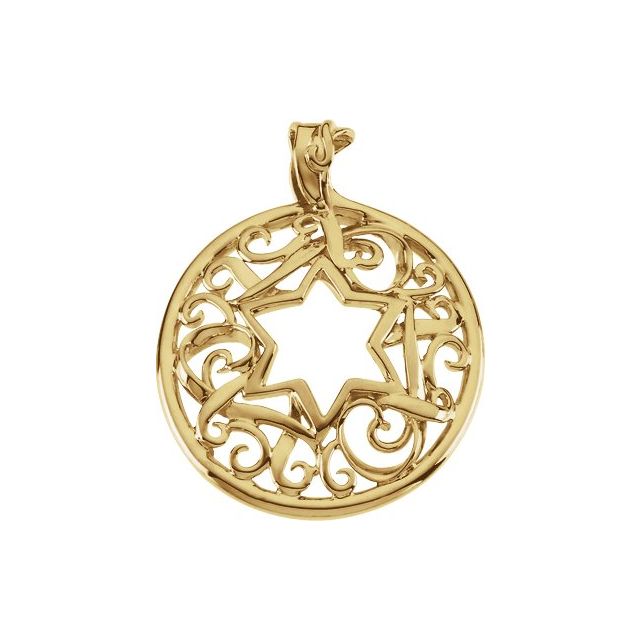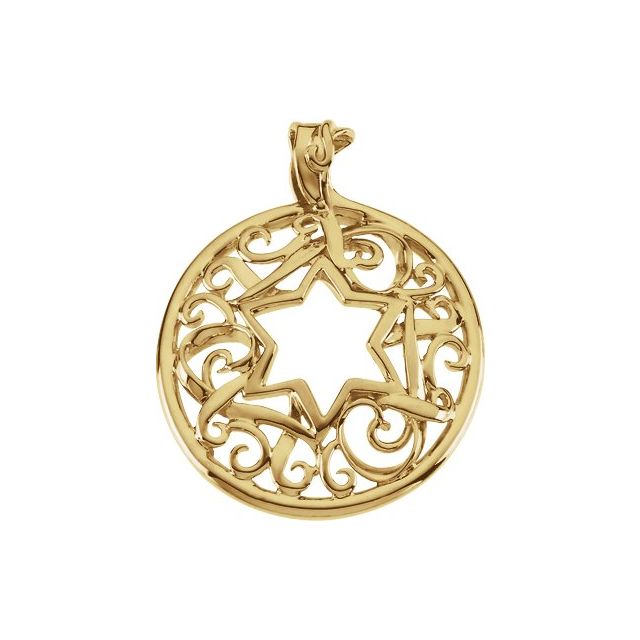In the intricate tapestry of self-expression, jewelry stands as one of humanity's most enduring art forms. Beyond mere adornment, the pieces we choose to wear often reveal subtle nuances about our personalities, preferences, and even our life philosophies. According to a recent study by the Jewelry Consumer Opinion Council, over 86% of consumers believe their jewelry choices reflect their personal identity. This connection between personality and jewelry preference isn't merely anecdotal—it's deeply rooted in psychological principles of self-expression and identity formation.
The global jewelry market, valued at approximately $228 billion in 2020, continues to expand not just in economic terms but in its diversity of styles, materials, and cultural influences. As consumers become increasingly conscious about personal branding and authentic self-expression, the jewelry they select has evolved from simple decoration to meaningful personal statements.
This comprehensive guide delves into the fascinating intersection of personality traits and jewelry preferences, offering insights into which styles might best complement your unique character. Whether you're a minimalist drawn to delicate pieces or a bold trendsetter who gravitates toward statement jewelry, understanding this connection can transform how you curate your collection and present yourself to the world.
Understanding the Psychology Behind Jewelry Choices
The relationship between personality and aesthetic preferences has been studied extensively in consumer psychology. Research published in the Journal of Consumer Psychology indicates that our choices in personal adornment often stem from deep-seated aspects of our self-concept. When we select jewelry, we're not just choosing objects that please our visual senses—we're selecting symbols that communicate aspects of our identity to others and reinforce them to ourselves.
Dr. Elizabeth Sanders, a consumer psychologist specializing in fashion psychology, explains: "Jewelry selection operates on both conscious and subconscious levels. The pieces we're drawn to often reflect not just who we are, but who we aspire to be." This aspirational quality makes jewelry particularly powerful as both a form of self-expression and self-discovery.
The emotional connection to jewelry also runs remarkably deep. A survey conducted by MVI Marketing revealed that 70% of jewelry owners associate specific pieces with significant life moments or relationships. This emotional resonance transforms jewelry from mere accessories into repositories of personal narrative and meaning.
Classic and Traditional Personalities
If you find yourself drawn to timeless designs, appreciate heritage and tradition, and value enduring quality over fleeting trends, you likely possess what psychologists would classify as a classic personality orientation. People with classic personalities tend to be reliable, organized, and value stability in both their personal and professional lives.
Ideal Jewelry Types for Classic Personalities
Pearl Jewelry
Few materials embody timeless elegance quite like pearls. Their lustrous surfaces and organic origins have made them prized possessions across cultures for centuries. Classic personalities are often drawn to pearl strands, stud earrings, or simple pearl pendants that can transition effortlessly from day to evening wear.
What makes pearls particularly suitable for classic personalities is their enduring presence throughout jewelry history. Unlike many gemstones that rise and fall in popularity, pearls have maintained their status as symbols of refinement and taste. According to the Cultured Pearl Association, pearl jewelry owners tend to describe themselves as "elegant," "sophisticated," and "traditional"—all traits commonly associated with classic personality types.
Diamond Solitaires
The diamond solitaire—whether in engagement rings, pendants, or earrings—represents perhaps the ultimate expression of classic jewelry design. The focus on a single, exceptional stone rather than elaborate settings aligns perfectly with the classic personality's appreciation for quality over quantity and substance over flash.
Diamond solitaires also reflect the classic personality's tendency toward perfectionism and appreciation for craftsmanship. The "less is more" aesthetic of a well-cut diamond in a simple setting demonstrates sophisticated restraint that classic personalities typically value in all aspects of their lives.
Gold Chain Necklaces
Simple gold chains in traditional links like cable, curb, or box designs appeal to classic personalities for their versatility and timeless appeal. These pieces often become everyday signatures, worn consistently rather than rotated frequently—another hallmark of the classic approach to personal style.
The preference for solid gold over plated alternatives also speaks to the classic personality's emphasis on quality and longevity. A study by the World Gold Council found that consumers who prioritize investment value and heirloom potential in their jewelry purchases tend to display more traditional personality traits and value systems.
Creative and Artistic Personalities
Those with creative personalities tend to approach life as a canvas for self-expression. They're often imaginative, emotionally sensitive, and drawn to unique experiences and objects that tell stories. Creative types typically value originality over conformity and are willing to experiment with unconventional combinations and styles.
Ideal Jewelry Types for Creative Personalities
Artisan and Handcrafted Jewelry
Creative personalities often form deep connections with handmade jewelry pieces that carry the imprint of their maker. The slight variations and "imperfections" that distinguish handcrafted jewelry from mass-produced pieces appeal to the creative person's appreciation for authenticity and unique character.
The American Craft Council reports that consumers who regularly purchase artisan-made jewelry score significantly higher on measures of creative thinking and aesthetic sensitivity. These individuals often describe themselves as "seeking connection" through their purchases—not just to the object itself but to the creative process behind it.
Mixed Metal Designs
While traditional personalities might prefer the purity of a single precious metal, creative types often gravitate toward mixed metal designs that combine gold, silver, copper, brass, and other metals in a single piece. These combinations reflect the creative personality's comfort with complexity and ability to see harmony in seemingly disparate elements.
Mixed metal jewelry also offers greater versatility for the creative dresser who might pair multiple accessories and doesn't adhere to conventional rules about matching metals. This flexibility appeals to the creative personality's tendency to view guidelines as starting points rather than strict limitations.
Jewelry Featuring Unusual Gemstones
Beyond the traditional precious gems, creative personalities are often drawn to lesser-known stones with unique properties or appearances. Labradorite with its mysterious flash, color-changing alexandrite, or organic materials like fossilized wood all appeal to the creative person's fascination with the unusual and evocative.
According to the Gemological Institute of America, interest in unconventional gemstones has grown by 35% over the past decade, driven largely by consumers seeking more personalized and distinctive jewelry options. This trend aligns with broader cultural movements toward individualization and away from standardized luxury markers.
Asymmetrical and Abstract Designs
Creative personalities often appreciate jewelry that challenges conventional forms and embraces asymmetry or abstract representation. These designs reflect the creative mind's comfort with ambiguity and ability to find meaning in non-literal expressions.
Jewelry designers who specialize in abstract forms report that their clients typically work in creative fields or describe themselves as having artistic sensibilities. The connection between comfort with abstract art forms and creative personality traits has been well-documented in psychological research on aesthetic preferences.
Minimalist and Modern Personalities
Minimalist personalities value clarity, functionality, and the principle that "less is more." They tend to be analytical, practical, and focused on efficiency in all aspects of life. These individuals often prefer clean lines, uncluttered spaces, and possessions that serve clear purposes without excess ornamentation.
Ideal Jewelry Types for Minimalist Personalities
Geometric Jewelry
Clean lines and precise geometric forms appeal to the minimalist's appreciation for mathematical order and visual clarity. Circles, squares, triangles, and other basic geometric shapes in jewelry designs offer the visual simplicity that minimalist personalities find calming and aesthetically pleasing.
Research from the Design Management Institute suggests that consumers with minimalist tendencies are 40% more likely to select jewelry with geometric elements than those who identify with other aesthetic preferences. This correlation speaks to the deep connection between personality and design preferences.
Thin Stacking Rings
The versatility and modularity of thin stacking rings perfectly suit the minimalist's desire for functional flexibility within a cohesive aesthetic framework. These rings can be worn individually for the ultimate in simplicity or combined in various arrangements without creating visual heaviness.
The popularity of stacking rings has grown by 65% since 2015, according to jewelry industry reports, with the trend particularly strong among consumers who describe their overall style as "minimalist" or "contemporary." This growth reflects broader cultural movements toward capsule wardrobes and multifunctional possessions.
Simple Metal Cuffs and Bangles
Unadorned metal cuffs and bangles in polished finishes offer the clean, architectural lines that appeal to minimalist sensibilities. These pieces make statements through form rather than embellishment, embodying the minimalist principle that beauty emerges from structural clarity rather than decoration.
Minimalist personalities often prefer these pieces in sterling silver, white gold, or platinum—metals whose cool tones and reflective qualities enhance the contemporary feel of the designs. The preference for monochromatic metal jewelry correlates strongly with other minimalist lifestyle choices, according to consumer behavior studies.
Linear Pendant Necklaces
Simple vertical or horizontal bar pendants on fine chains epitomize minimalist jewelry design. These pieces offer visual interest through proportion and placement rather than complexity, creating elegant lines that complement rather than compete with the wearer's natural features.
The enduring popularity of linear pendants among consumers who identify as minimalists speaks to how perfectly these designs align with minimalist values of restraint and intentionality. Industry data shows that linear pendant designs have maintained consistent sales even as more elaborate styles fluctuate with seasonal trends.
Bold and Dramatic Personalities
Those with bold personalities tend to be confident, socially engaging, and comfortable being the center of attention. They often have charismatic qualities, express opinions readily, and make decisions with conviction. These individuals typically embrace vibrant colors, dramatic silhouettes, and distinctive styles that reflect their outgoing nature.
Ideal Jewelry Types for Bold Personalities
Statement Necklaces
The statement necklace—with its substantial presence and eye-catching design—perfectly complements the bold personality's comfort with commanding attention. These pieces often become conversation starters, reflecting the bold personality's enjoyment of social interaction and self-expression.
Market research indicates that consumers who regularly purchase statement jewelry score significantly higher on measures of extraversion and social confidence. A survey by fashion psychology researchers found that 78% of statement necklace wearers reported feeling "more confident" and "more approachable" when wearing their favorite pieces.
Oversized Hoop Earrings
Bold personalities often gravitate toward oversized hoop earrings for their dramatic framing effect and cultural associations with confidence and self-assurance. The circular form creates movement and catches light, enhancing the dynamic presence that bold personalities naturally project.
Hoops have maintained their status as a jewelry staple for bold dressers across decades, transcending specific trend cycles. Their enduring appeal to confident personalities speaks to how certain jewelry forms seem intrinsically connected to particular character traits and self-presentation styles.
Cocktail Rings
The cocktail ring—with its substantial size and often colorful centerpiece—embodies the bold personality's willingness to make visual statements and embrace attention. These rings typically feature large center stones or elaborate designs that become natural focal points.
Historically associated with prohibition-era rebellion and women's increasing social freedom, cocktail rings continue to symbolize confidence and self-determination. This historical resonance often appeals to bold personalities who appreciate the ring's legacy of making unapologetic statements.
Chunky Chain Bracelets and Necklaces
Substantial chain designs in bracelets and necklaces appeal to bold personalities for their visual weight and cultural associations with strength and assertiveness. These pieces create distinctive silhouettes and often incorporate larger links or mixed materials for additional visual impact.
The recent resurgence of chunky chains in fashion jewelry correlates with broader cultural movements celebrating female empowerment and confident self-expression. Bold personalities are naturally drawn to these designs that externalize their internal sense of strength and presence.
Romantic and Feminine Personalities
Romantic personalities tend to be emotionally expressive, relationship-oriented, and drawn to beauty in all its forms. They often have rich imaginations, value sentimentality, and appreciate traditions and symbols connected to love and affection. These individuals typically embrace feminine aesthetics, soft textures, and designs with emotional or historical significance.
Ideal Jewelry Types for Romantic Personalities
Vintage and Antique-Inspired Designs
Romantic personalities often feel deep connections to jewelry with historical references or antique styling. These pieces carry stories and continuity that appeal to the romantic's appreciation for narrative and emotional resonance.
The growing market for vintage-inspired jewelry—up 45% since 2018 according to industry reports—reflects increasing consumer interest in pieces with perceived history and character. Romantic personalities are often at the forefront of this trend, drawn to the unique patinas and hand-crafted details that distinguish these designs.
Heart Motifs and Symbols of Love
Perhaps unsurprisingly, romantic personalities often gravitate toward heart shapes and other traditional symbols of love and affection. These motifs externalize the romantic's natural orientation toward emotional connection and sentimental expression.
While heart jewelry maintains perennial popularity, consumer research indicates that those who consistently select heart motifs tend to score higher on measures of emotional expressiveness and relationship prioritization—key characteristics of romantic personality types.
Floral and Nature-Inspired Jewelry
Designs incorporating flowers, leaves, vines, and other natural elements strongly appeal to romantic personalities. These organic forms reflect the romantic's appreciation for natural beauty and tendency to find meaning and metaphor in the natural world.
Floral jewelry has experienced a 30% increase in market share over the past five years, according to industry analysts, with particular growth among consumers who describe themselves as "romantic," "sentimental," or "nostalgic" in their overall aesthetic preferences.
Delicate Chains with Meaningful Pendants
Romantic personalities often create personal collections of pendants that mark significant relationships, milestones, or beliefs. These pieces become physical repositories of memory and meaning, reflecting the romantic's tendency to attach emotional significance to physical objects.
The personalized jewelry market has expanded dramatically in recent years, with customized pendants and charms showing particular growth. This trend aligns with the romantic personality's desire for jewelry that tells personal stories rather than simply following fashion trends.
Practical and Earthy Personalities
Practical personalities tend to be grounded, reliable, and focused on functionality in all aspects of life. They often value comfort, durability, and versatility over trendiness or status signaling. These individuals typically make considered purchasing decisions based on long-term utility rather than momentary desire.
Ideal Jewelry Types for Practical Personalities
Everyday Stud Earrings
Simple stud earrings in durable materials appeal to practical personalities for their versatility and ease of wear. These pieces transition seamlessly between professional and casual settings without requiring adjustment or special consideration.
Consumer research indicates that individuals who prioritize comfort and functionality in their clothing choices are 60% more likely to prefer stud earrings as their primary earring style. This correlation highlights how jewelry preferences often align with broader lifestyle values.
Watches as Jewelry
For practical personalities, the functionality of a watch combined with its decorative aspects makes it an ideal accessory. The practical personality appreciates objects that serve clear purposes while also contributing aesthetically.
The continued popularity of watches despite the ubiquity of time-telling smartphones speaks to their significance beyond mere utility. For practical personalities, a quality watch represents the perfect marriage of function and form—a core value in their approach to possessions.
Durable Metal Bands and Simple Rings
Practical personalities often prefer solid, substantial rings that can withstand daily activities without requiring special care or consideration. These pieces typically feature smooth profiles and durable construction that align with the practical person's preference for low-maintenance possessions.
The growing market for alternative metals in wedding and commitment bands—including titanium, tungsten, and stainless steel—reflects increasing consumer interest in durability and practicality. These materials appeal particularly to practical personalities who value longevity over traditional luxury markers.
Natural Stone Jewelry
Jewelry featuring natural stones with minimal processing often appeals to practical personalities with earthy tendencies. These materials connect the wearer to the natural world while offering unique variations that distinguish them from mass-produced alternatives.
Market research indicates that consumers who prioritize natural materials in their jewelry purchases also tend to make environmentally conscious choices in other product categories. This pattern reflects how jewelry preferences often connect to broader value systems and lifestyle orientations.
Trendy and Fashion-Forward Personalities
Fashion-forward personalities stay attuned to emerging trends and enjoy being early adopters of new styles. They're typically socially aware, visually oriented, and derive pleasure from the creative aspects of self-presentation. These individuals often view personal style as an evolving art form rather than a fixed expression of identity.
Ideal Jewelry Types for Trendy Personalities
Current Season's "It" Pieces
Trendy personalities derive satisfaction from identifying and wearing the defining jewelry styles of each season. These pieces allow them to demonstrate cultural awareness and participate in the collective conversation about style and design.
According to fashion industry analytics, early adopters of jewelry trends typically follow multiple fashion publications and social media accounts, spending 40% more time than average consumers researching upcoming styles. This investment reflects the importance of currency and relevance to the trendy personality.
Layered Necklaces and Bracelet Stacks
The ability to reconfigure and update layered jewelry collections appeals to the trendy personality's desire for novelty and creative expression. These arrangements allow for frequent refreshing of one's look without requiring entirely new purchases.
The layered jewelry trend has shown remarkable persistence compared to other fashion movements, evolving rather than disappearing over multiple seasons. This longevity stems from how perfectly the format accommodates the trendy personality's desire for both novelty and self-expression.
Ear Cuffs and Climbers
Innovative ear adornments that challenge traditional earring formats appeal to trendy personalities' appreciation for the unexpected and evolving. These pieces often create visual interest through unusual placement and form rather than through intrinsic material value.
The rapid growth in non-traditional ear jewelry—up 85% since 2017 according to industry reports—reflects broader movements toward personalization and creative self-expression in fashion. Trendy personalities are often at the forefront of these movements, embracing new forms before they achieve mainstream acceptance.
Colored Gemstone Jewelry Following Color Trends
Trendy personalities often select gemstone colors that align with the season's palette trends, creating visual harmony between their jewelry and other fashion elements. This coordination demonstrates the trendy personality's attention to detail and holistic approach to style composition.
Color forecasting agencies report that consumers who quickly adopt new color trends in their jewelry selections typically do the same across multiple product categories, from home décor to clothing. This pattern highlights how trend sensitivity often operates as a consistent personality trait rather than a category-specific behavior.
Sophisticated and Elegant Personalities
Sophisticated personalities typically possess refined taste, cultural awareness, and appreciation for subtle quality markers rather than obvious status symbols. They often value understatement, precision, and thoughtful curation in all aspects of self-presentation. These individuals tend to make considered choices based on enduring principles of design excellence rather than fleeting trends.
Ideal Jewelry Types for Sophisticated Personalities
Fine Jewelry with Clean Lines
Sophisticated personalities often gravitate toward jewelry that demonstrates excellence through precision and restraint rather than elaboration. These pieces typically feature exceptional craftsmanship that reveals itself upon close inspection rather than announcing itself from across the room.
Consumer research indicates that individuals who select architecturally influenced jewelry designs tend to demonstrate similar preferences in home furnishings and other aesthetic choices. This consistency reflects how sophisticated taste often operates as a coherent design philosophy across multiple domains.
Understated Luxury Watches
For sophisticated personalities, the ideal watch often combines technical excellence with design restraint. These timepieces typically feature clean dials, precisely engineered movements, and subtle quality signifiers recognizable primarily to other connoisseurs.
The enduring market for understated luxury watches—even amid fluctuating economic conditions—speaks to their appeal as expressions of discernment rather than mere wealth displays. Sophisticated personalities value these pieces as long-term companions rather than seasonal acquisitions.
Tasteful Diamond Jewelry
Sophisticated personalities often select diamond pieces that emphasize exceptional cut and clarity rather than merely impressive size. These selections reflect the sophisticated person's ability to discern and appreciate quality aspects that might go unnoticed by casual observers.
According to the Diamond Council, consumers who prioritize cut quality over carat weight in diamond purchases tend to demonstrate greater knowledge about other quality markers across luxury categories. This pattern highlights how sophisticated consumption often involves educated appreciation rather than surface-level evaluation.
Signature Designer Pieces
Rather than accumulating numerous trendy items, sophisticated personalities often invest in signature pieces from designers whose aesthetic vision aligns with their own. These selections become personal classics worn for years rather than seasons.
Market analysis indicates that consumers who develop loyalty to specific jewelry designers typically demonstrate similar loyalty patterns with other creative professionals, from architects to clothing designers. This consistency reflects the sophisticated personality's tendency to form enduring aesthetic relationships rather than following crowd movements.
Spiritual and Mindful Personalities
Spiritual personalities tend to seek meaning beyond material concerns and value objects for their symbolic significance rather than merely their appearance or market value. They often demonstrate interest in different cultural traditions, philosophical systems, and practices focused on mindfulness or personal growth. These individuals typically select jewelry that aligns with their inner journey rather than external expectations.
Ideal Jewelry Types for Spiritual Personalities
Meaningful Symbols and Talismans
Spiritual personalities often select jewelry featuring symbols with personal significance or cultural resonance. These pieces serve as physical reminders of values, beliefs, or aspirations rather than merely decorative objects.
Research on consumer psychology indicates that individuals who purchase symbolic jewelry report deriving significantly more satisfaction from these pieces than from jewelry selected purely for aesthetic reasons. This finding aligns with the spiritual personality's tendency to seek meaning beyond surface appearances.
Mala Beads and Prayer Bracelets
Jewelry with connections to meditation practices or spiritual traditions often appeals to mindful personalities. These pieces frequently serve dual purposes as both adornments and tools for contemplative practices.
The growing market for meditation-related jewelry—up 55% since 2016 according to industry reports—reflects increasing consumer interest in objects that support mindfulness and spiritual practice. This trend particularly resonates with spiritual personalities seeking alignment between their values and possessions.
Natural Materials with Minimal Processing
Spiritual personalities often prefer jewelry made from materials that maintain clear connections to their natural origins. These selections reflect the spiritual person's typical value of authenticity and appreciation for the inherent beauty of natural elements.
Consumer research indicates that individuals who prioritize natural materials in their jewelry purchases also tend to make environmentally conscious choices in other product categories. This pattern reflects how jewelry preferences often connect to broader value systems and lifestyle orientations.
Healing Crystal Jewelry
Despite varying scientific perspectives on crystal properties, many spiritual personalities find meaning and comfort in jewelry featuring stones traditionally associated with specific energetic qualities. These pieces often become part of personal rituals or practices.
The substantial growth in crystal jewelry sales—estimated at over 40% increase since 2015—reflects broader cultural interest in alternative wellness approaches and personalized spiritual practices. For spiritual personalities, these pieces often serve as tangible connections to their inner work and beliefs.
Conclusion: Finding Your Perfect Jewelry Match
The relationship between personality and jewelry preference offers fascinating insights into how we externalize our inner selves through our aesthetic choices. While these categories provide useful frameworks for understanding these connections, it's important to remember that most individuals contain multifaceted aspects that may draw them to different jewelry styles in different contexts or life phases.
The most satisfying jewelry collections often evolve organically as expressions of personal journey rather than rigid adherence to type. Many people find that their most treasured pieces cross category boundaries—perhaps a minimalist pendant with spiritual significance, or a classic pearl necklace with a bold, contemporary setting.
As you consider your own jewelry preferences in light of personality factors, remember that the most authentic choices come from self-awareness rather than external categorization. The pieces that resonate most deeply will likely be those that honor both who you are and who you're becoming.
The global jewelry market continues to expand in diversity, with increasing options for personalization and meaningful selection. According to industry forecasts, consumer interest in jewelry with personal significance is expected to grow by 25% over the next five years, suggesting that the connection between identity and adornment remains as relevant in our digital age as it was in ancient times.
Ultimately, the best jewelry for your personality is that which makes you feel most authentically yourself—whether that means embracing tradition, expressing creativity, projecting confidence, or any combination of these qualities that reflects your unique character.
References
-
Journal of Consumer Psychology: Identity Expression Through Jewelry
-
World Gold Council: Consumer Attitudes and Jewelry Preferences
-
Gemological Institute of America: Trends in Gemstone Preferences
-
Diamond Council: Consumer Behavior in Fine Jewelry Purchases
